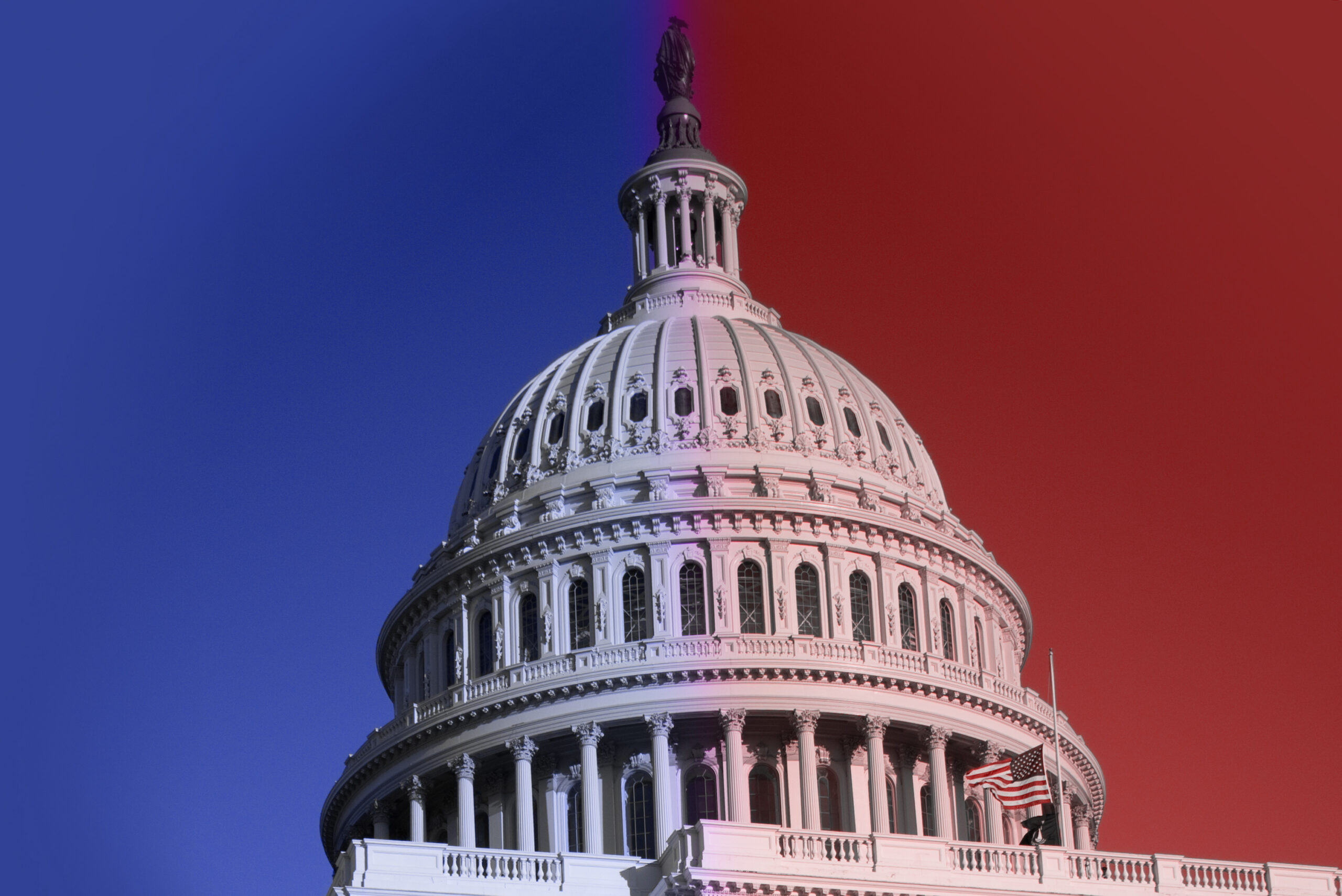
The Common Ground in Partisan Times: How Democratic and Republican Administrations Align on Financial Services Legislation on American Wealth Preservation
In today’s hyper-partisan climate, it is easy to assume that Democrats and Republicans are fundamentally divided on all aspects of economic policy. However, this assumption does not hold when examined through the lens of financial services legislation and the broader objective of protecting American wealth. In fact, both parties have consistently found common ground when the aim is to safeguard the integrity of U.S. markets and institutions—particularly in the wake of the 2007–2008 financial crisis, which underscored the systemic risks of regulatory gaps and the need for unified legislative responses.
This article builds on my earlier piece, “Piercing America’s Corporate Veil: A Historic Look at U.S. Anti-Money Laundering and Combating Terrorist Financing Legislation,” which traced the evolution of regulatory frameworks designed to deter financial crime. Here, I take a broader perspective to explore bipartisan alignment in shaping financial legislation—highlighting how shared priorities contribute to ensuring that American wealth remains anchored in U.S. soil.
From the enactment of Anti-Money Laundering and Know Your Customer laws to unified responses during times of financial crisis, certain themes consistently emerge: national security, market stability, and the preservation of the United States’ global financial competitiveness.
FATCA as a Case Study in Bipartisan Continuity
The Foreign Account Tax Compliance Act (“FATCA”), enacted during the administration of Democratic President Barack Obama, stands as a clear example of bipartisan continuity in financial regulation. Despite persistent criticism regarding its extraterritorial scope and the significant compliance burden it imposes on foreign financial institutions, FATCA has remained firmly in place. Even during periods of unified Republican control of both Congress and the White House, efforts to repeal or materially amend the legislation failed to gain traction—underscoring a rare bipartisan consensus on the importance of protecting U.S. tax revenue.
Critics—particularly those from offshore and tax-neutral jurisdictions—contend that FATCA effectively externalizes the enforcement of U.S. tax laws, delegating compliance obligations to foreign governments and institutions. They argue that the legislation imposes undue financial and administrative burdens on non-U.S. entities, while advancing a distinctly American regulatory interest. At its core, FATCA reflects a view—however implicit—that the U.S. government lacks sufficient means to police its citizens’ tax obligations abroad and has therefore outsourced this responsibility to other nations. As some critics have phrased it, the US: “Cannot police its people, so you will—and you will foot the bill”.
Nevertheless, the legislation’s endurance illustrates a shared political will to combat offshore tax evasion and uphold the integrity of the U.S. tax base. At times at the expense of international goodwill and regulatory harmony.
The Corporate Transparency Act: A Bipartisan Shift Toward Disclosure
The Corporate Transparency Act (the “CTA”) was introduced to align U.S. disclosure practices with international standards, responding to long-standing concerns that domestic entities allowed for excessive anonymity. Following years of delay and ambiguity, the Financial Crimes Enforcement Network (“FinCEN”) issued an Interim Final Rule (“IFR”) on March 21, 2025, establishing reporting protocols through the Beneficial Ownership Secure System (“BOSS”) portal.
Although the IFR was not introduced via executive order, it has received strong endorsement from the current Republican administration of President Mr. Donald J. Trump. The message is unambiguous: U.S. financial interests will be shielded from expansive international disclosure mandates, reinforcing a policy position centered on national sovereignty and the preservation of domestic capital.
Key Features of the Interim Final Rule (“IFR”)
The IFR departs significantly from the CTA’s original “catch-all” approach, which broadly targeted all U.S. LLCs. Instead, the rule narrows the scope of reporting and introduces several pivotal exemptions:
- Redefined “Reporting Company”
The IFR limits reporting obligations to entities that are:
-
- Formed under the laws of a foreign country, and
- Registered to do business in any U.S. state or tribal jurisdiction through a filing with a secretary of state or similar office.
- New Exemption for Domestic Entities
Entities formed by filing with a secretary of state or similar authority in a U.S. state or Indian tribe now fall within a newly defined exemption. This effectively reclassifies what was previously termed a “domestic reporting company,” thereby reducing the population of entities subject to reporting. - Exemption for U.S. Persons from Beneficial Ownership Disclosure
The IFR removes the obligation to disclose beneficial ownership information for U.S. persons. Furthermore, U.S. persons are not required to provide such information to reporting companies identifying them as beneficial owners. The term “U.S. person” follows the tax-based definition and includes U.S. citizens, lawful permanent residents, work permit holders, and others subject to U.S. tax obligations.
Looking Ahead
The industry now awaits FinCEN’s issuance of the final rule, anticipated later this year. In the interim, the IFR sends a strong message: U.S. persons with LLC structures can expect reduced reporting obligations, enhanced privacy, and greater retention of their income.
How We Can Help
Regulatory changes do not always signal uncertainty—when approached strategically, they can create new opportunities. The recent developments under the IFR present favorable conditions that high-net-worth individuals may wish to leverage by reassessing and potentially restructuring their financial affairs. Enhanced flexibility and increased control over US domestic assets can be powerful tools for wealth preservation and legacy planning.
At BGM and Cornerstone, we understand that navigating complex financial regulations demands more than technical compliance—it requires foresight, agility, and strategic insight. We take care of three for you, allowing you to spend your time doing the things you enjoy most.